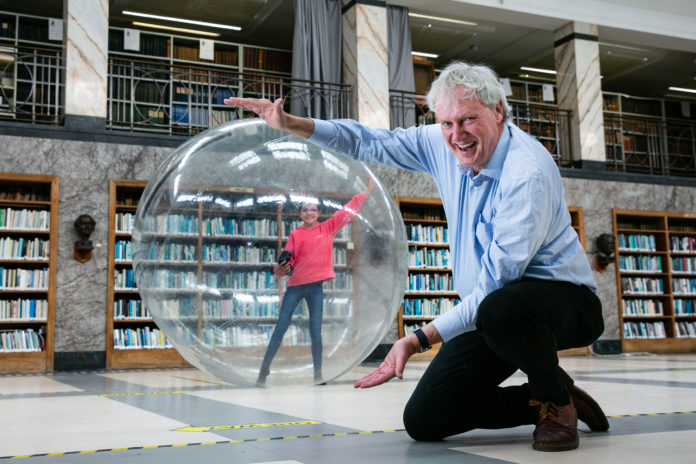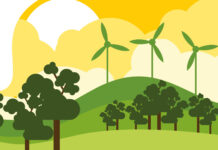
ESB Science Blast, the Science, Technology, Engineering and Maths (STEM) programme designed, developed and delivered by the RDS, officially launched ESB Science Blast TV earlier this week.
In the absence of in-person events in 2021, primary school classes (3rd-6th) can take part in ESB Science Blast this year in a way that suits them, from watching ESB Science Blast TV in class, to conducting their own investigations and presenting their findings to a judge through a video call.
Class investigations undertaken as part of ESB Science Blast are reported to significantly improve students’ confidence in science and maths, as well as have significant benefits for literacy and oral communication.
The four-part educational television programme (episodes available in both Irish and English) is designed for 3rd-6th class and will be freely available on esbscienceblast.com and RTE.ie/Learn
TEACHERS’ CHANGING PRIORITIES
The launch of ESB Science Blast TV coincides with recent research conducted by the RDS amongst primary school teachers nationwide, revealing how classrooms have been affected by the loss of several weeks of in-class teaching at the start of 2021.
– A huge majority of primary school teachers – 90% – feel more under pressure due to Covid-19.
– 93% of teachers have changed their teaching priorities for the rest of the year, with a majority keen to focus on literacy and numeracy.
– 65% of teachers reported that maths was most affected subject.
– 81% of teachers see social interaction as one of the key areas that suffered the most during the first two months of the year.
– After a year of living with Covid-19 it is not surprising that over a third of students (36%) are showing more interest in science.
They also have reported an impact on their students, with some subjects suffering. When asked they reported that: 65% of teachers reported that maths teaching was most affected; 58% reported that languages suffered; 42% highlighted impact on Social Personal and Health Education (SPHE); 33% saw an impact on Physical Education; and 30% reported that Social Environmental and Scientific (SESE), was also impacted.
Teachers also observed that some key skills were also impacted from the loss of in-class training at the start of 2021, these were: Social interaction, 81 percent of teachers reported their concerns; Communications skills, 51 percent saw problems with this; Teamwork, 48 percent of teachers saw this impacted; Critical thinking 46 percent reported issues.
SCIENCE ADVANTAGE
Despite all of these impacts, teachers reported that over half of students were still interested in science with either a reported increase of over a third of students (36 percent) showing more interest in science.
This builds upon research from 2020 on parents’ views of science, which revealed that 82% of them believed basic scientific knowledge gives their children an advantage in life and that 96% want their children to learn science to develop critical thinking and life skills in primary school.
Designed to educate and inspire primary school children with the wonders of science, each ESB Science Blast TV episode works with the primary school curriculum and will examine the amazing science behind simple questions, such as: How do airplanes fly? Are robots smarter than humans? Where does our recycling go? How is electricity made?
In each episode, a science expert demonstrates the concepts learned through small experiments that can be replicated in the classroom. Each episode will finish with a bang – a super-sized experiment not to be tried at home!
BUZZ & EXCITEMENT
“It’s been a truly exceptional year for primary schools across the country. We cannot host our showcase events in-person, as we have done for the past two years, so we are bringing the buzz and excitement to a screen accessible by every primary school in Ireland through ESB Science Blast TV” said Geraldine Ruane, Chief Executive of the RDS.
“While this digital format builds on the past two years of success, we are really building upon a much deeper engagement in science education by the RDS, one that goes back many generations. Our investment in this education programme is a long-term investment in the future of Irish society.”







